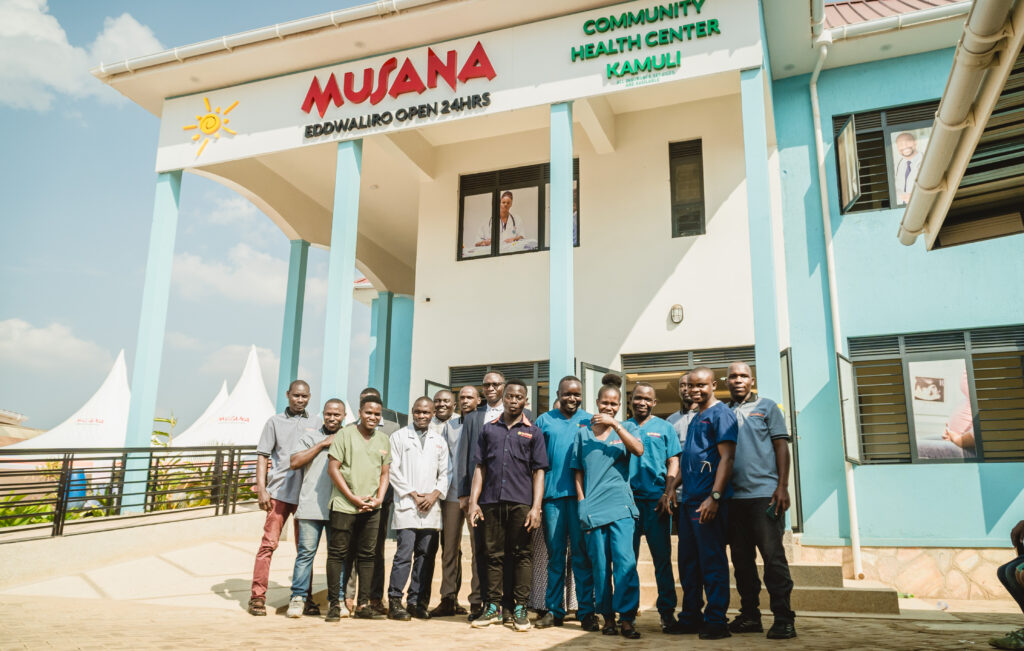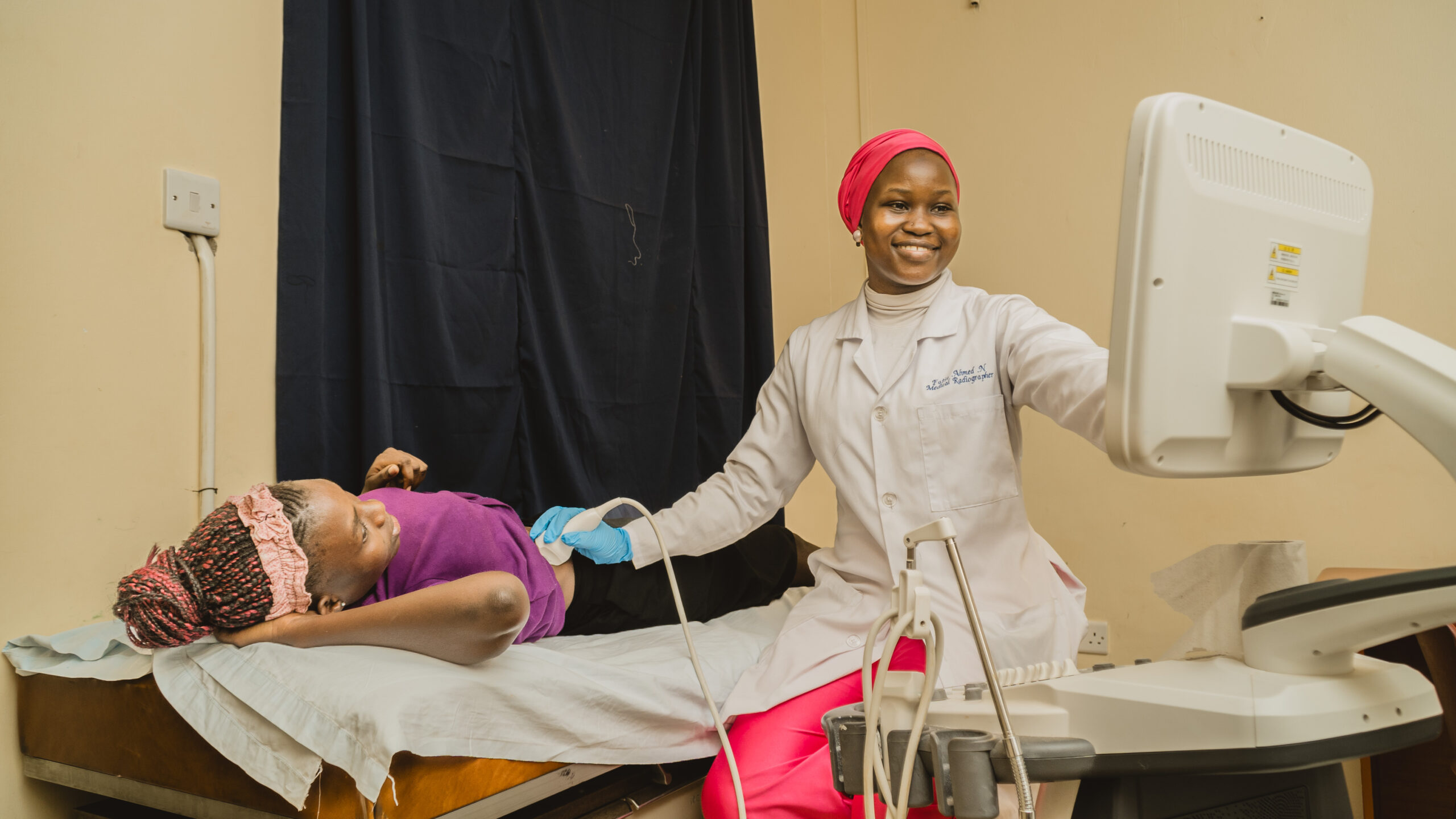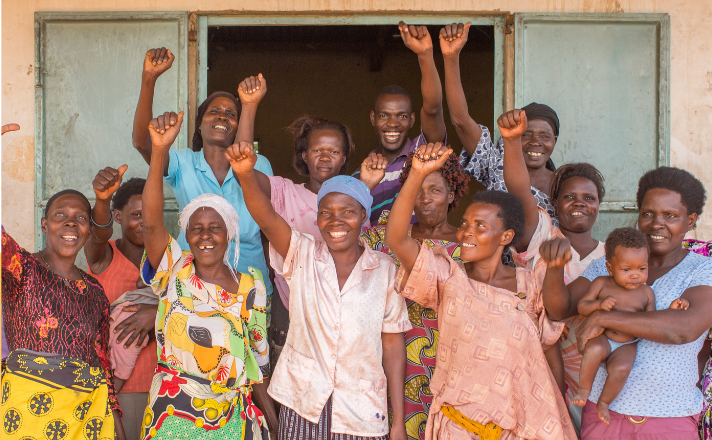With his heavy southern accent, the man leaned back in his chair and asked a question I must have heard dozens of times: “How do you justify charging people for education and healthcare? I have a problem with you profiting from your schools and hospitals. That doesn’t seem right to me.”
The man had spent 40 years working in missions across Africa with ministries that provided handouts and free services to low-income communities. He was impressed with the work of Musana – he loved our schools, hospitals, women’s empowerment centres, guest houses and restaurants – but couldn’t get his head around how we could make profit from education and healthcare. Why wouldn’t we just give it away for free?
It’s not the first time I’ve heard that question and it won’t be the last. It typically comes from those who have only seen missions and development through traditional approaches. Here’s some of the things I told him:
Profits are reinvested
Firstly, let me clarify that we are not profiting in the conventional sense. Any revenue generated by our schools and hospitals is reinvested locally. We believe in a sustainable model where the community supports itself rather than relying on external aid indefinitely. This model instills a sense of ownership and dignity.
High-quality service
Charging affordable fees for education and healthcare ensures that we can provide high-quality services. It also instills a sense of value and accountability among the beneficiaries. When families invest in their children’s education, even at a minimal cost, they are more likely to be engaged in their learning and prioritise it. Similarly, affordable healthcare means that the services are valued and used responsibly.
No reliance on Western aid
This approach also prevents dependency on foreign aid. Reliance on donations and handouts can create a cycle of dependency, where communities are always waiting for the next round of aid. This dependency can lead to a power dynamic between the donor and the beneficiary, which prevents real ownership from within. By creating self-sustaining enterprises, we break this cycle, promoting economic stability and resilience. The funds we generate are used to provide scholarships for those who genuinely cannot afford the fees and to run health outreach programs that benefit the wider area.
Prevents corruption
This model helps prevent corruption and misuse of resources by local staff because they know they must generate the resources themselves. There is also greater accountability from parents and community members regarding the services provided, as they are paying for them. This dynamic ensures that the quality of services remains high and that everyone involved remains committed to the success of the initiatives.

Because we do not need donations for our operations, we can use them to replicate our model in more locations, creating an even greater impact. By demonstrating that it’s possible to run successful, self-sustaining social enterprises, we hope to inspire others to adopt similar approaches. This, we believe, is a more dignified and effective way to support development.
Our mission is about equipping people, not just helping them. We want to provide the tools and resources necessary to thrive independently. This sustainable approach ensures that the impact of our work is long-lasting and that the community continues to grow and develop even without continuous external support.”
The man listened intently and by the end of our conversation, he seemed to understand our perspective. “I never thought about it that way,” he admitted. “It’s a refreshing approach, and it makes a lot of sense. Thank you for explaining it to me.”
If you find yourself caught in the traditional charity mindset, I hope this broadens your perspective on why a new approach is not only possible but necessary for creating a world free from dependency and full of dignity.



